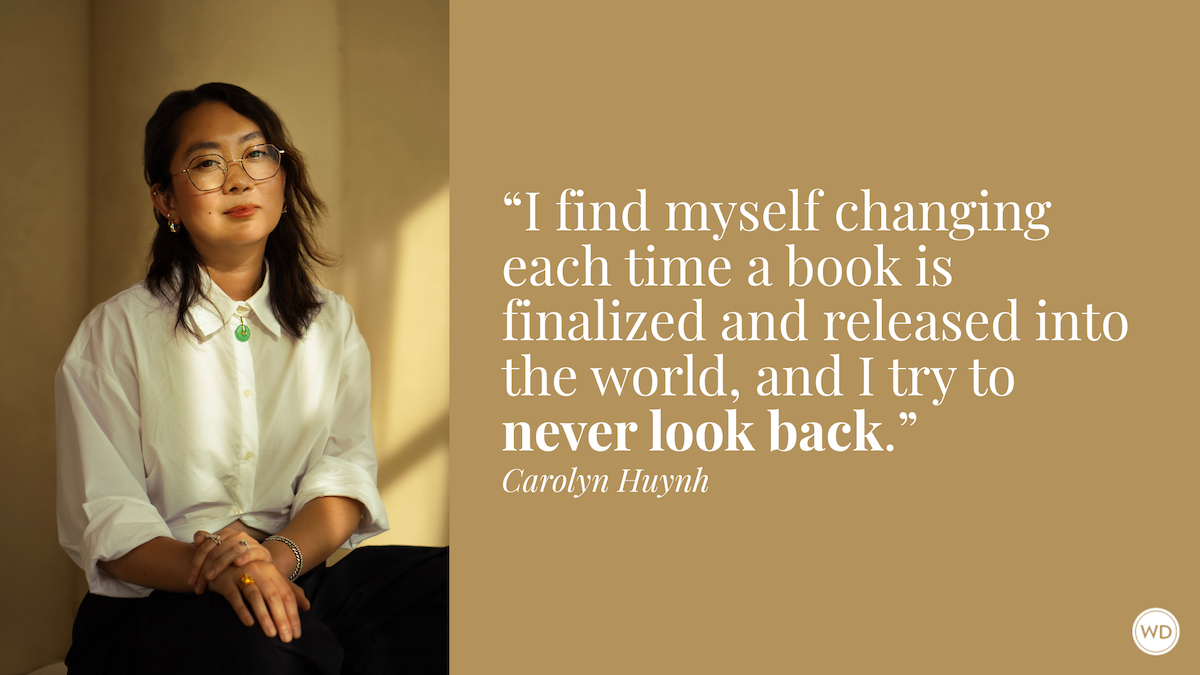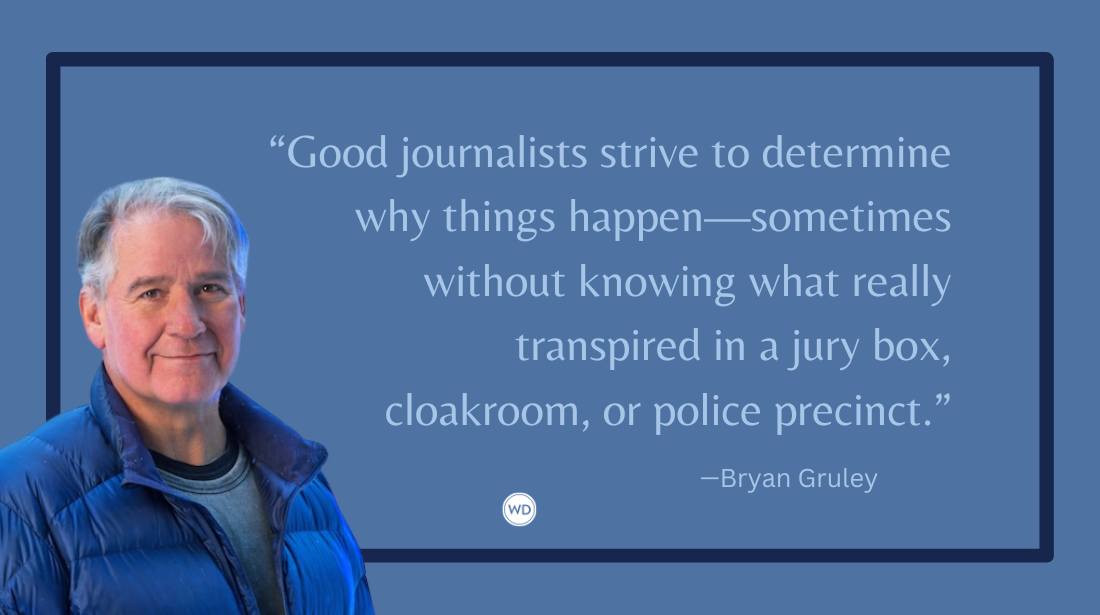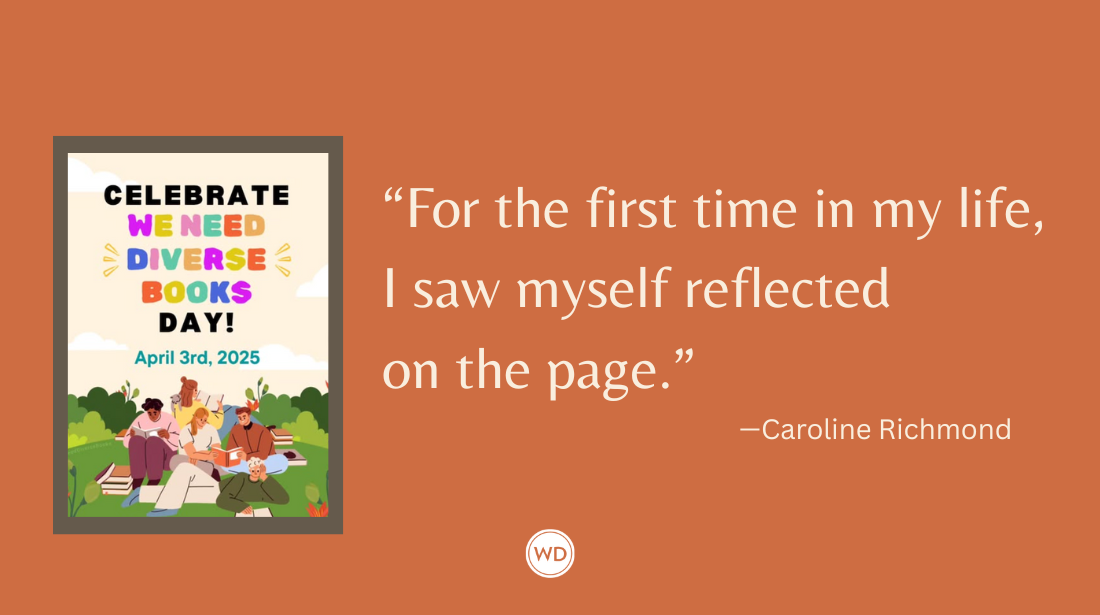D. M. Rowell: On Including Personal History in Murder Mystery
Author D. M. Rowell discusses how her grandfather inspired and influenced her to write her new Native American mystery, Never Name the Dead.
Like her protagonist Mud, D. M. Rowell comes from a long line of Kiowa Storytellers within a culture that treasures oral traditions. She’s an award-winning and nominated producer/writer on several documentaries, including Vanishing Link: My Spiritual Return to the Kiowa Way, seen on PBS and winner of TrailDance 2007 Best Oklahoma Documentary.
As a child, Rowell was heavily influenced by her traditional Kiowa Grandfather, C. E. Rowell. He was an artist, master storyteller, recognized Tribal Elder and one of the last readers of the Sai-guats, winter count deerskin calendars that chronicled a hundred years of Kiowa history. C. E. Rowell’s stories, memories, and art instilled a deep respect and love for her Kiowa culture and traditions.
After a three-decade career spinning stories for Silicon Valley startups and corporations with a few escapes creating independent documentaries, Rowell started a new chapter writing a mystery series that features a Silicon Valley professional Kiowa woman and her Plains Indian tribe, the Kiowas. The first in the series, Never Name the Dead will be released November 8, 2022.
Rowell enjoys life in California with her partner of 38 years, their son and a bossy, feral gray cat. Find her on Facebook.
In this post, D.M. discusses how her grandfather inspired and influenced her to write her new Native American mystery, Never Name the Dead, her advice for other writers, and more!
Name: D. M. Rowell
Literary agent: Liz Trupin-Pulli with JET Literary Associates, Inc.
Book title: Never Name the Dead
Publisher: Crooked Lane Books
Release date: November 8, 2022
Genre/category: Native American Mystery Series
Elevator pitch for the book: Never Name the Dead is the first book in a mystery series that features a curly-headed Kiowa woman named Mud Sawpole. She uses Native American spirituality and Silicon Valley savvy to solve a theft and a murder in this fast-paced adventure through Kiowa Country.
IndieBound | Bookshop | Amazon
[WD uses affiliate links.]
What prompted you to write this book?
Since I was 12, devouring Trixie Belden mysteries, I have wanted to write a murder mystery series. That same year, my grandfather, C. E. Rowell—Kiowa historian, artist, storyteller, and Tribal Elder—pointed at me with his chin, in the style of the old Kiowas, and decreed, “You. You will keep our traditional stories alive. You are next.”
After a career spinning stories for startups and corporations with a few escapes into independent documentaries, I gave myself permission to do what I have always wanted to do, write a murder mystery series that entertains while sharing information about my Plains Indian tribe, the Kiowas.
How long did it take to go from idea to publication? And did the idea change during the process?
Three years.
At 60, I started UCSD Extension Creative Writing Program with the intent to write the mystery novel trapped within. I struck it lucky getting Carolyn Wheat as my first instructor. She encouraged me to let the story out and helped bring it alive with thoughtful critiques, notes, and prods.
I followed her through Novel I, II, and III, and at the end I had my first draft. Carolyn continued to work with me as I progressed through to a third draft. She was instrumental in getting my book to paper then encouraging me to submit it for publication.
Were there any surprises or learning moments in the publishing process for this title?
Yes! Everything has been a surprise and learning experience. I’m new to this world and am still struggling to even understand the jargon.
I’m lucky to have Sara J. Henry for an editor. She made the editing process painless and tried to prepare me for the next steps.
Though no one can prepare you for all the typos. My book has been reviewed numerous times, yet I still found typos in the final edits. UGH!
Were there any surprises in the writing process for this book?
I was surprised how much I enjoyed writing and getting to know my characters. During one scene, a character showed up unexpectedly, refused to leave, and ended up dominating the scene.
At the end of the writing session, I realized he was right. That character needed to be there, doing what he did. It improved the scene immensely.
What do you hope readers will get out of your book?
I hope the readers will have a fun read while they learn a bit about the Kiowa Tribe, our language, history, traditions, and customs.
If you could share one piece of advice with other writers, what would it be?
It is never too late to tell a good story. Believe in yourself and do it!
Robert Lee Brewer is Senior Editor of Writer's Digest, which includes managing the content on WritersDigest.com and programming virtual conferences. He's the author of 40 Plot Twist Prompts for Writers: Writing Ideas for Bending Stories in New Directions, The Complete Guide of Poetic Forms: 100+ Poetic Form Definitions and Examples for Poets, Poem-a-Day: 365 Poetry Writing Prompts for a Year of Poeming, and more. Also, he's the editor of Writer's Market, Poet's Market, and Guide to Literary Agents. Follow him on Twitter @robertleebrewer.








